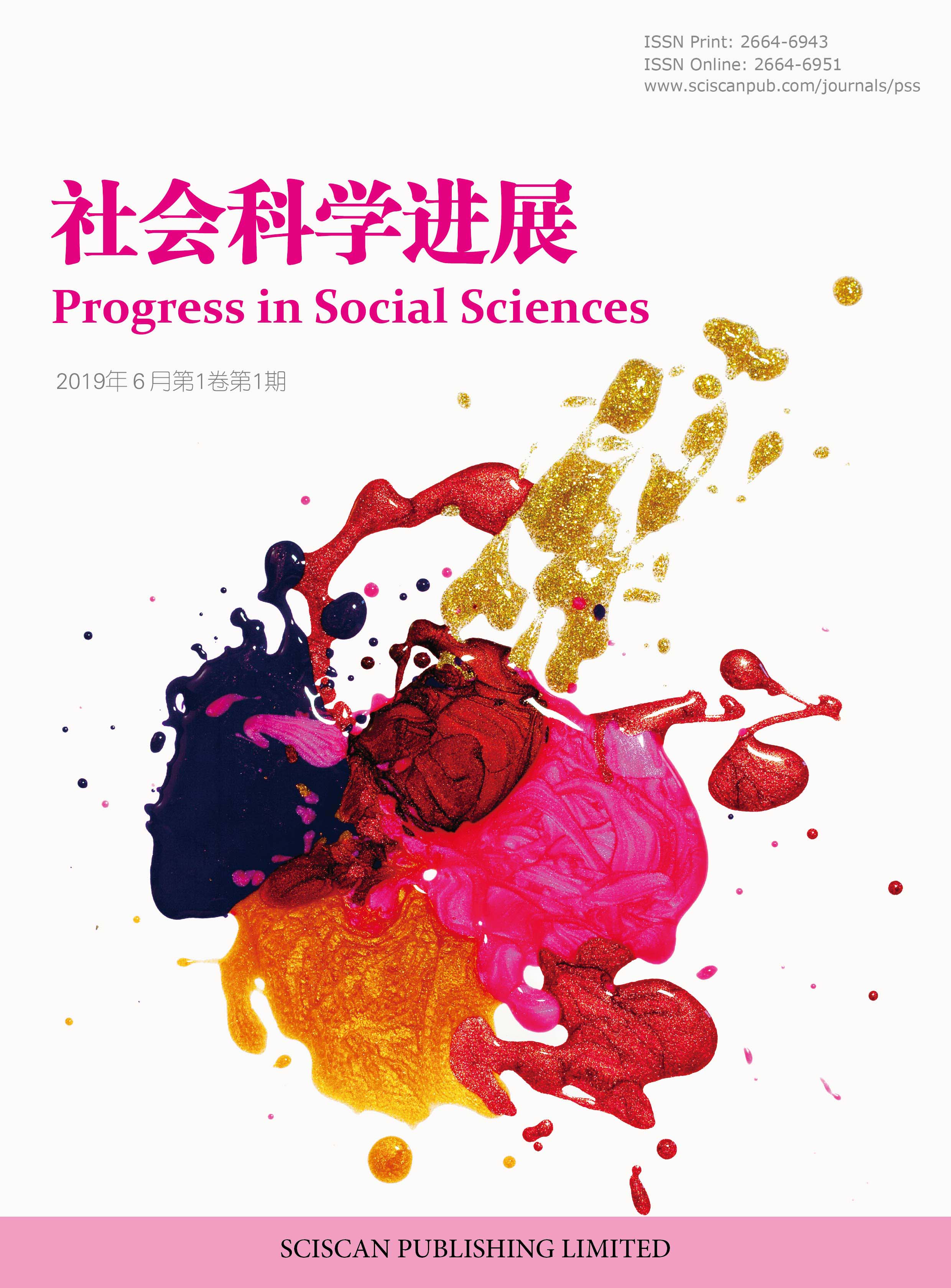Progress in Social Sciences
ISSN Print:2664-6943
ISSN Online:2664-6951
Contact Editorial Office
Subscribe to the latest published information from SCISCAN
《威尼斯商人》中种族宗教矛盾 背后的经济冲突
Economic Conflicts behind Racial and Religious Conflicts in The Merchant of Venice
- Authors: 陈方舟 张之燕
-
Information:
华东理工大学,上海
-
Keywords:
The Merchant of Venice; Economic conflicts; Racial and religious conflicts; Jew《威尼斯商人》; 经济冲突; 种族宗教矛盾; 犹太人
- Abstract: The Merchant of Venice ends with Shylock’s tragedy that seems to uphold social justice, which actually reflects the devastating situation of the Jews stemming from economic conflicts. In this play, virtue and vice depend on one’s economic strength, while the racial and religious conflicts originate from the competition between usury economy and commercial economy whose developments in the long term are implied by the contrasting endings of Shylock and Antonio. This paper explores the roots of the exclusion and discrimination of the Jews in this Shakespearean classic, and reveals the fates of usury economy and commercial economy after the Great Geographic Discovery. 《威尼斯商人》中夏洛克的悲惨结局看似伸张正义、惩恶扬善,实则反映出经济冲突操控下犹太人的艰难处境。从经济角度来看,“多情尚义”或是“贪婪狡诈”取决于个人的经济实力,剧中的种族宗教矛盾源于高利贷经济和商业经济之间的博弈,而人物的不同结局暗示了两种经济形式的不同发展趋势。作者从经济角度探讨这一莎剧经典中犹太人被排挤、歧视的根源,揭示地理大发现后高利贷经济与商业经济的不同命运。
- DOI: https://doi.org/10.35534/pss.0302010
-
Cite:
陈方舟,张之燕.《威尼斯商人》中种族宗教矛盾背后的经济冲突[J].社会科学进展,
2021,3(2):188-195.
















